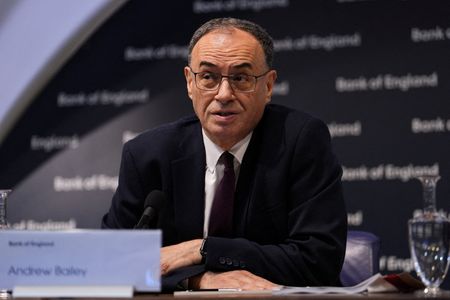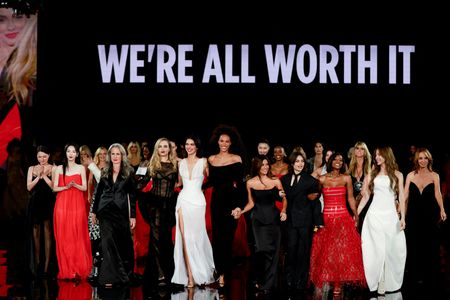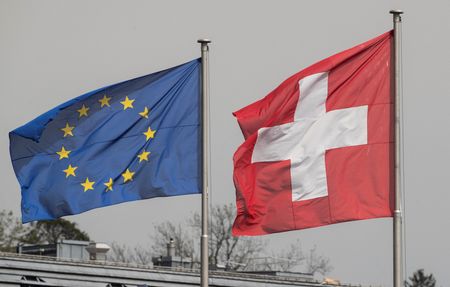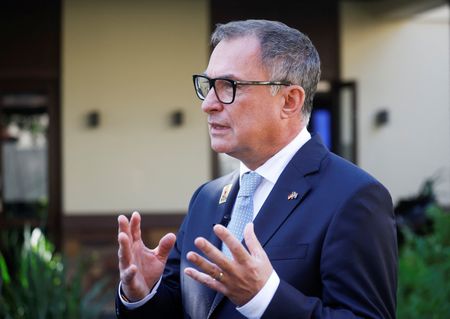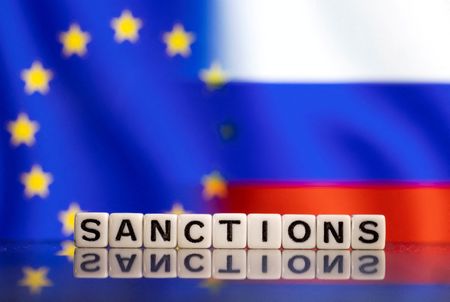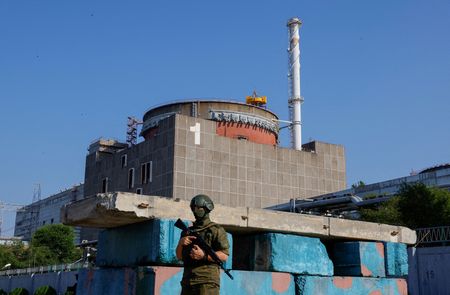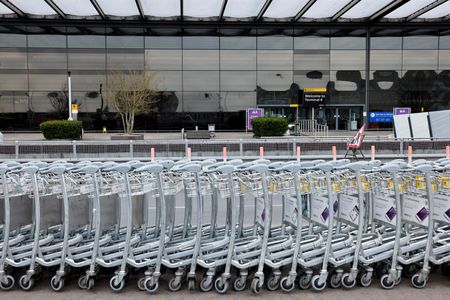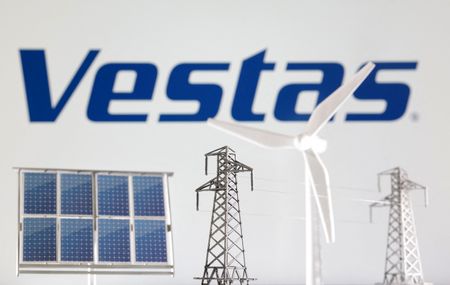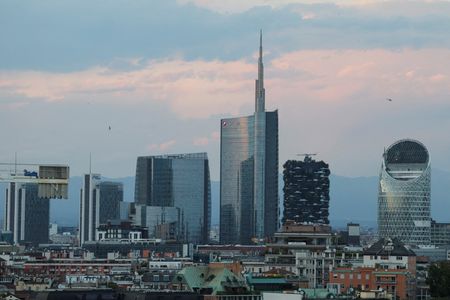By Christian Kraemer and Maria Martinez
WASHINGTON (Reuters) -International investors have shown renewed interest in Germany at this week’s IMF meetings in Washington, but Europe’s fragmented regulatory framework is holding them back, the head of the Association of German Banks told Reuters.
“Many are holding back because Europe is still a patchwork of different national regulations,” Heiner Herkenhoff said in an interview on the sidelines of the International Monetary Fund gathering. “We urgently need to address this.”
He called for a unified and liquid capital market in Europe. “Unfortunately, we’ve been working on that for far too long already,” Herkenhoff said.
INVESTORS’ INTEREST IN GERMANY ON THE RISE
International investors are showing more interest in Germany following the new government’s announcement of a 500 billion euro ($585 billion) infrastructure fund to modernise the country.
“There is momentum that we should seize,” Herkenhoff said.
Reviving growth in Europe’s largest economy is Chancellor Friedrich Merz’s top priority after two years of economic contraction. The government says Germany needs to attract more private capital to complement the surge in public spending, making it crucial to improve Germany’s appeal to investors.
The number of foreign investments in Germany fell in 2024 for the third year in a row.
Finance Minister Lars Klingbeil met around 50 investors on Thursday in Washington at an event hosted by the British bank Barclays. Amid heightened global uncertainty and rising U.S. protectionism, Berlin is seeking to position Germany as a safe, predictable destination for investors.
Investments in climate protection, renewable energy, defence and artificial intelligence are particularly in demand, Herkenhoff said.
Securitisations, in which loans are bundled together and then sold, could also help attract investors. However, Herkenhoff said the most recent proposals from the European Commission in this area were complex.
“It is also important that capital requirements are not further tightened – otherwise demand would drop significantly,” Herkenhoff said.
($1 = 0.8540 euros)
(Reporting by Christian Kraemer. Writing by Maria Martinez. Editing by Friederike Heine and Mark Potter)



